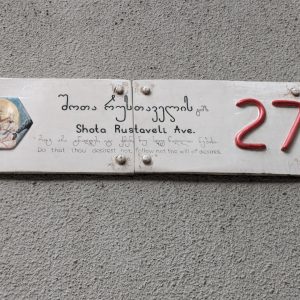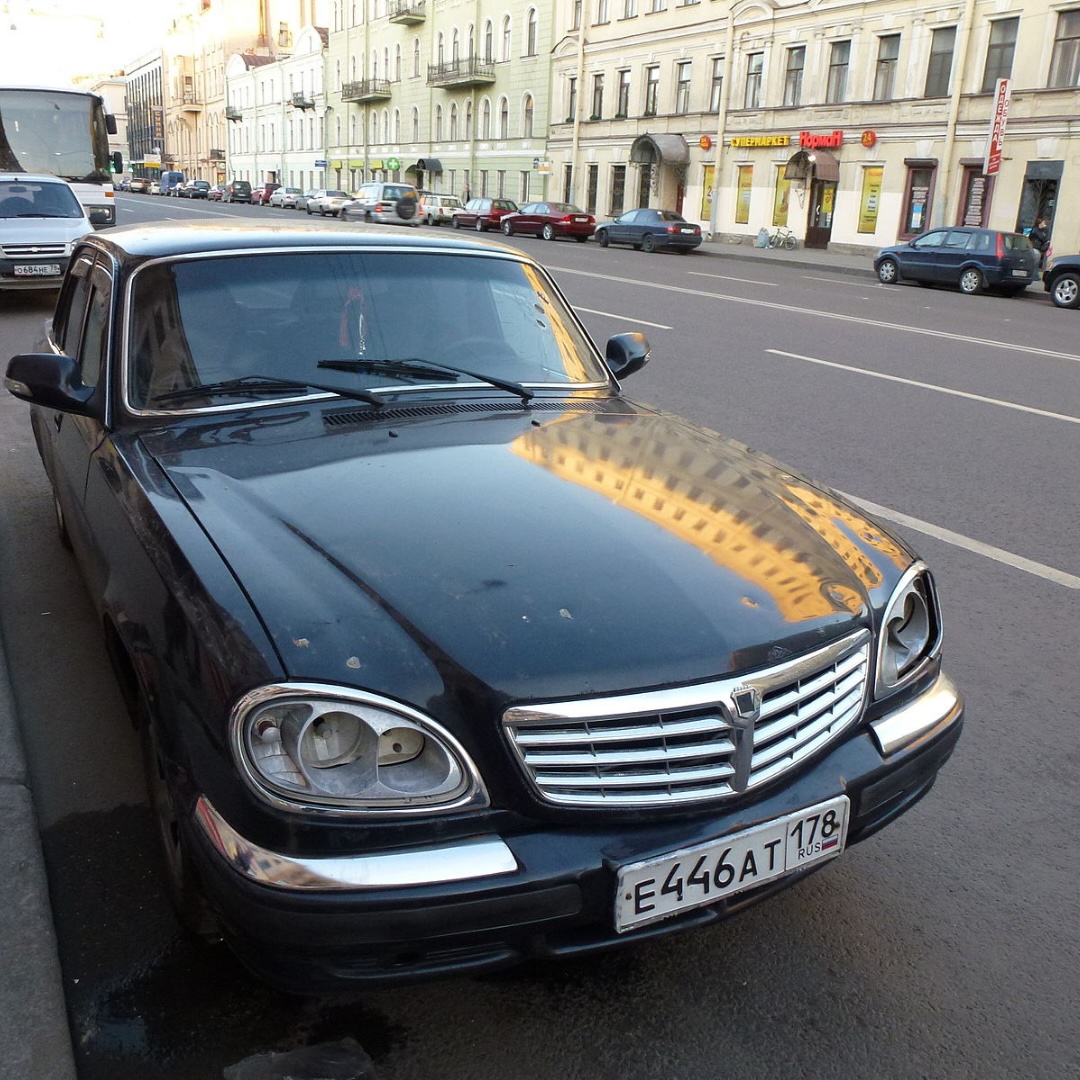Уро́к 5
5.5 Грамма́тика – Genitive Case (continued)
Грамма́тика
I. Introduction
The Genitive Case is your 4th official Russian case! It is typically associated with the idea of possession, but it is used for other purposes, as well, including talking about the absence or non-existence of something or someone, AS YOU KNOW. You also know it is used after the preposition ‘у‘, as in:
‘У меня́ есть машина.‘
I have a car.
‘У нас но́вый холоди́льник.’
We have a new refrigerator.
Посмотри́те ви́део:
II. Linking two related nouns
The Genitive Case is also used when linking two nouns. It can often be understood as equivalent to the word ‘of’ in English.
Наприме́р:
 |
Э́то ка́рта Росси́и.
‘This is a map of Russia.’ |
 |
Э́то це́нтр го́рода.
‘This is the center of the city (downtown).’ |
 |
Э́то а́дрес шко́лы.
‘This is the school’s address.’ |
 |
Э́то хозя́ин рестора́на.
‘This is the owner of the restaurant.’ |
 |
Э́то но́мер телефо́на.
‘This is the telephone number’ |
What does it sound like?
Watch and listen to Mariana talk more about the things in her apartment. Listen for examples of linking two nouns. Specifically, listen to her descriptions of photos (фотография) and paintings (картина, портрет, натюрморт):
III. Showing Possession
Similarly, the Genitive Case is used when indicating possession. You have learned to use possessive pronouns in Russian to indicate possession, as in ‘Э́то моя́ ча́шка’, ‘Э́то ва́ше ме́сто?‘ There are times, however, when a pronoun will not suffice. This is equivalent to English apostrophe “s”.
Например:
 |
Э́то ча́шка Кири́лла.
‘This is Kirill’s cup.’ |
 |
Э́то да́ча ба́бушки.
This is grandmother’s dacha. |
 |
Э́то маши́на Анто́на.
This is Anton’s car. |
 |
Э́то телефо́н Ка́ти.
This is Katya’s phone. |
Media Attributions
- Map
- Business center of Moscow
- Copy of U5_L6_H5P_part2 – 3
- Restaurant owner
- Copy of U5_L6_H5P_part2 – 5
- Cup of tea
- Dacha in forest
- Car
- Phone in woman’s hands

